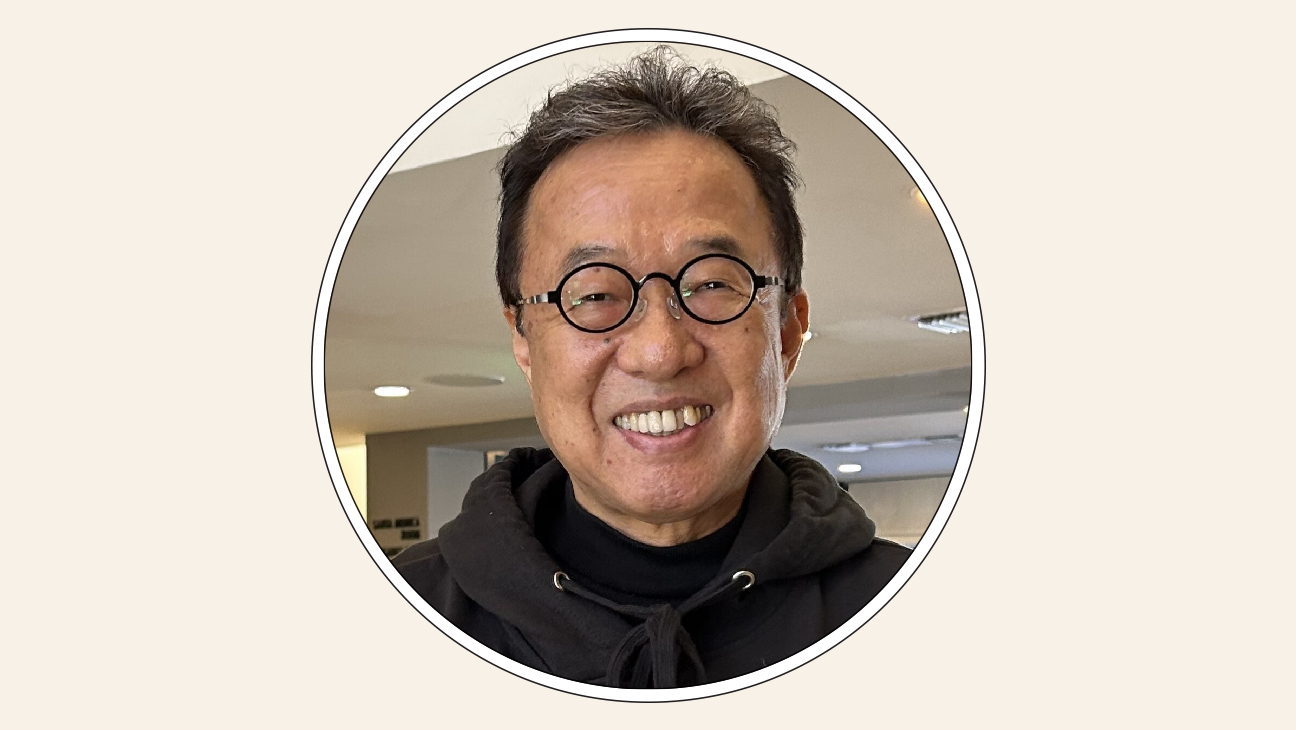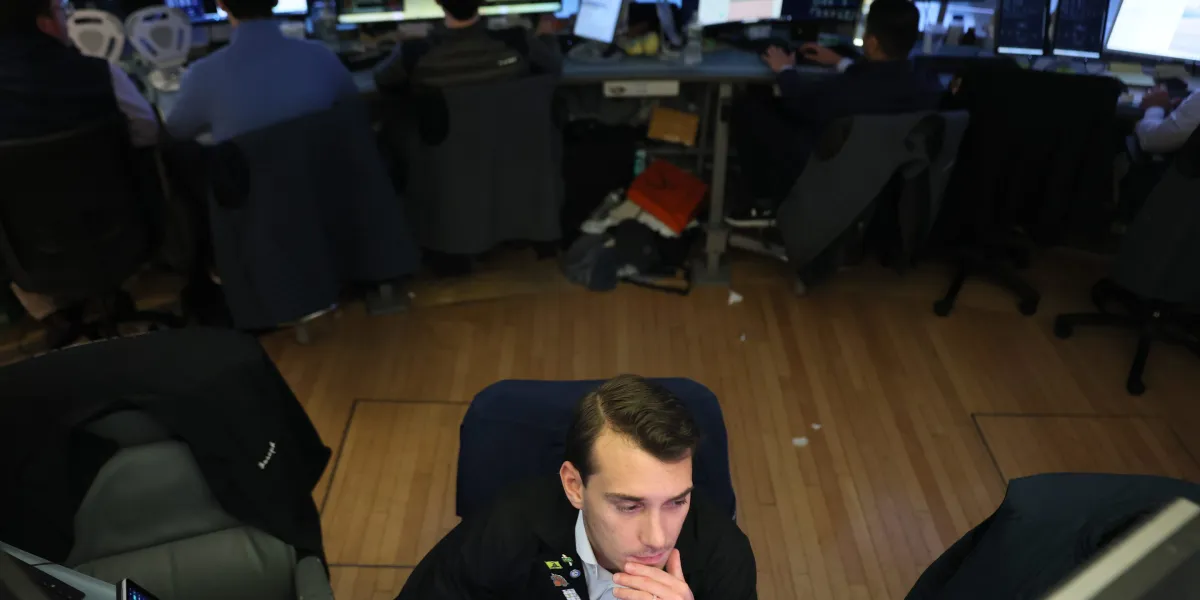Copyright The Hollywood Reporter

Tetsu Fujimura has served as a vital bridge between the U.S. entertainment industry and Japan’s vast, IP-rich content landscape for nearly four decades. In his first act, he co-founded Gaga Communications in 1986 and built it over the next two decades into one of Japan’s leading independent film importers — specializing in high-potential Hollywood titles that the country’s major legacy studios had overlooked. After exiting Gaga not long after its 2004 acquisition by media conglomerate USEN, Fujimura launched Filosophia, a boutique consultancy and production firm designed to facilitate the flow of entertainment rights in the opposite direction — helping Japanese manga, anime and gaming IP owners collaborate with top-tier Hollywood producers on film and TV adaptations for the global market. Dealmaking that led to actual production was slow and challenging in the early years, Fujimura recalls, as Hollywood producers often believed Japanese IP needed to be “Westernized” to appeal internationally, while local artists — who typically retain creative control and rights in Japan — remained fiercely protective of their characters and fanbases. The result: many properties were optioned, but few resulted in finished shows. In recent years, however, global tastes and industry trends have finally caught up with Fujimura’s long-held view of Japan as a “treasure box of IP.” As international fascination with Japanese culture and anime has surged — see the recent Demon Slayer: Infinity Castle, which has grossed more than $600 million worldwide — Fujimura has been busier than ever. He executive produced Netflix’s live-action adaptation of One Piece, consulted for Nintendo on its adaptation strategy (the Mario films and upcoming Legend of Zelda feature), and serves as a special advisor to Sony on its growing slate of game-based adaptations. The veteran executive will present an in-depth seminar on Japan’s IP adaptation business on Oct. 29 at TIFFCOM, the content market that runs alongside the 38th Tokyo International Film Festival (Oct. 27–Nov. 5). This year’s festival features appearances by U.S. filmmakers including Chloé Zhao, Ari Aster, Paul Schrader and newcomer Hailey Gates, alongside local legends Yoji Yamada, Hirokazu Kore-eda and Lee Sang-il, as well as rising talent Yuichiro Sakashita, whose buzzy social satire Blonde will debut in the main competition. Ahead of his keynote, The Hollywood Reporter caught up with Fujimura at his offices in Tokyo’s upscale Minami-Aoyama district. You’re giving a keynote at TIFFCOM about the changing global appetite for Japanese IP. At the highest level, what’s the new reality you’re trying to describe? Simply speaking, when I started Filosophia 19 years ago, almost nobody believed Japanese anime or manga could be truly global content. In each territory, distribution was handled by smaller companies because anime was a minority thing. That changed in large part because of shifting tastes among younger audiences — they see Asian culture as very appealing in a way previous generations didn’t. Also, when Netflix came in, it bought a lot of Japanese animation — very cheaply at the beginning — and released it everywhere. Suddenly, people who had never watched anime started to enjoy it. Netflix learned the audience was much larger than expected, so they kept buying. That made anime important and popular for everyone, including studio executives and streamers. Gradually they understood Japanese IP had real market potential for live-action movies and series. What did that mean for your business? I founded Filosophia to be a bridge between top Hollywood producers and Japanese IP holders. Very early, I met Avi Arad just after he stepped down as chairman of Marvel Studios. He knew Japanese characters well — he’d been in the toy business when he was young — and he wanted the freedom to produce based on any IP, not only Marvel. He asked me to negotiate with Japanese rights holders. From that relationship, many things started. We produced Ghost in the Shell (2017) together. Now I work with top producers on titles like One Piece — with season two coming soon — and other major properties that aren’t public yet. You’ve also argued that the economics around Japanese entertainment are shifting in a way the whole country needs to pay attention to. Yes. This is amazing: Nikkei recently reported that the combined market cap of Japan’s top nine entertainment companies — including Sony Group, Nintendo and others — exceeded the value of the top nine Japanese automakers for the first time. This is a sea change for our whole economy. It suggests entertainment is becoming the new key industry for Japan — and IP is at the center of the value of Sony, Nintendo and many of the others. These characters really are our national treasure. Sony is already generating a growing share of its profit from entertainment — music, anime, movies, games — rather than electronics. They’re also focusing more and more on utilizing their anime internationally, and their gaming IP for adaptation — and the results have been fantastic. And Sony’s market cap is getting close to Disney. This shows how important Japanese IP is not only in Japan, but also in the U.S. and globally. A decade ago, it wasn’t uncommon for Hollywood producers to complain that the Japanese system for adaptation rights was too difficult — authors hold all the power, approvals were slow and many had bad experiences. What has changed? It’s much easier than 20 years ago, but it’s still not easy. In the past, many manga and anime publishers were scared to work with Hollywood. They have to protect their authors above all else, because the author is king in Japan — the creator typically retains all the rights here. They also had no internal pressure to sell adaptations abroad; their domestic business was fine, and the international market didn’t seem promising yet. If a foreign adaptation went badly, they risked alienating core fans, which the author absolutely doesn’t want. Contracts also scared them. Adaptation agreements are much more complicated than direct acquisition deals. So I spent years educating publishers and authors on deal structures and terms. And now? Today, big publishing companies like Shueisha or Kodansha — depending on the title — are more comfortable, though author management is still crucial. The biggest change is that execs in Hollywood better understand the importance of the original author’s voice. Before, many Hollywood producers said, “We’re professionals. Just give us the story and characters; we will adapt it.” They didn’t want a rights holder with too many opinions. One Piece changed that. In Hollywood, no live-action adaptation from Japanese manga had become a big success until One Piece. Eiichiro Oda, [the beloved author of the One Piece manga], was fully involved in creative decisions for the series and spoke directly to fans about casting and choices. Fans could see the author’s hand in it. These days, authors and fanbases are huge and connected through social media. If a film ignores the author and the core fans, there’s no chance. Studios now explicitly say, “We need guidance and buy-in from the author,” otherwise the risk is too high. This is the exact opposite of how they used to talk and feel. How is the surge of capital that Netflix, Disney, Amazon and others are spending on Japanese-language content reshaping the strategy of legacy local players? Globalization is the keyword now. Toho understood it first in animation and has been very successful producing and distributing more anime features offshore. They even handled Godzilla Minus One in the U.S. through their own subsidiary, Toho Global, booking directly with U.S. exhibitors. Timing helped — there was a content shortage in the U.S. during the strikes — so they had an opening with exhibitors. The film also happened to be great, so it became the No. 1 Japanese movie ever in the U.S., and its U.S. gross exceeded Japan’s. Toei’s new management is publicly talking about raising its overseas revenue ratio substantially by 2030. Sony has made great strides with its anime business overseas. Even the TV stations are getting more aggressive with international co-production. After decades of importing films at Gaga, you’re now exporting Japanese IP to the world. Is your life different? (Laughs.) It’s the opposite in almost every way — except I’m still using my experience and ability to be a bridge. At Gaga, we almost instantly grew from zero to about 150 people, with the bank loans and management stress that comes with that. Filosophia is seven very capable people. These days, I don’t have to think about financing and maintaining relationships across the entire Japanese industry. I can focus on top partners — the major studios and the streamers. Financing isn’t my headache anymore. It took me 10 years to get to my first set visit for a project I was executive producing with Japanese IP — Ghost in the Shell — but now the pace is accelerating, with One Piece Seasons Two and Three on the way, and many other projects we can’t discuss yet. I travel constantly. The only “problem” is succession: this bridge model relies on trust and continuity, and many IP holders here don’t have large English-speaking teams. So I have to plan carefully for the company’s future.



